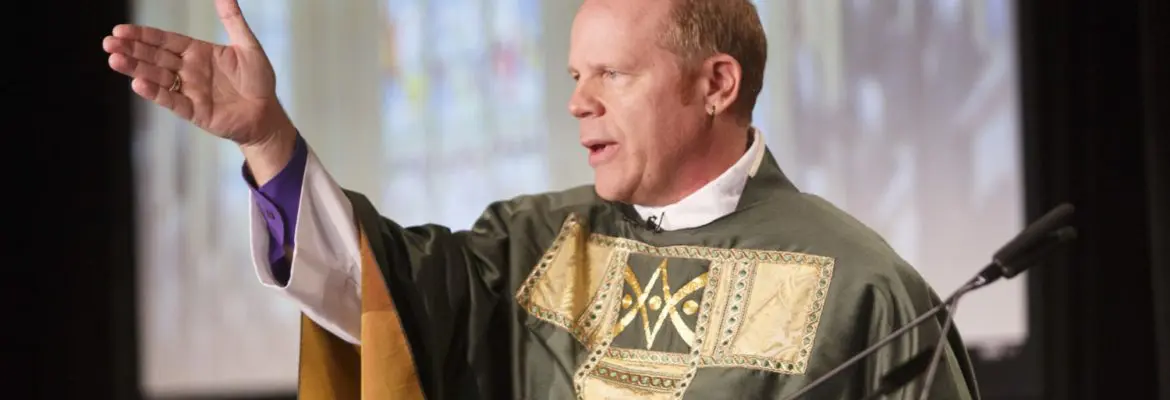
Dear Friends,
For a number of years, the metal trunk sat beneath the table in the living room. The years and use had worn the paint thin. Scrapes and dents marked its sides and top. It wasn’t easy to open, either. The lock mechanism was tricky to dislodge. While it was rarely opened, it sat in a prominent place, because it contained important memories that spoke of gratitude, sacrifice, warning and lament.
Charles Ward was born in Kislingbury, Northampton, England on March 29, 1885. Having fatefully missed his scheduled trip on the Titanic, he boarded the Teutonic out of Liverpool and arrived in Canada on May 12, 1912. That same year, he signed up for army duty and in 1914 became one of the many men sent overseas in the 1st Canadian Division. During the next four years, he earned the Distinguished Conduct Medal, the 1914-15 Star, the General Service Medal and the Victory Medal. He served after the war until 1919, returning to Toronto, having been wounded at Ypres and bearing only the heavy war trunk and heavier memories. The same trunk that sat beneath the table in our living room. Charles Ward was my wife Mary’s grandfather.
Over the years, some of what was inside the trunk has been lost or donated or handed down to family members lest they forget. Still inside is a picture of Papa at a camp kitchen, parts of his uniform, a neck tag, shaving kit, finely preserved maps of trenches from Vimy and Loos, paybooks, a thank-you note from the King and a mention in Despatches, signed by Winston Churchill, Secretary of State for War. There is a Soldier’s Book that was carried at all times and in the event of death was to be forwarded to the War Office. There was a Final Order of the Day for the 1st Canadian Division, a Christmas Menu 1918 and a Distinguished Conduct Medal letter.
Mary would say that one of the most significant mementos was a bloodstained Union Jack that her Papa carried with him throughout the war that was used as a tourniquet, a belt, a sling or whatever purpose was required. The contents of the old trunk are like jigsaw pieces that point to the heavier memories, the memories that can hardly be spoken of about human cruelty, suffering, despair and the futility of war, death, misery and loss. In the face of so much, it is tempting to keep the lid on the old trunk. Yet, Nov. 11, Remembrance Day beckons us to open up, to speak of the horrors of war. To remember those who lost their lives and continue to lose their lives in Ukraine, South Sudan, Myanmar, Ethiopia, Afghanistan, Nigeria, Somalia, Yemen, Mali, Syria… To remember those who return home with scars, both visible and invisible, and sometimes memories too difficult to bear. Remembrance Day gives us pause lest we forget. We commit to learn from our history so as not to repeat. We keep silence to honour the dead, to break the cycle of violence and to embrace the ways of Peace.
Yours in Christ,
The Rt. Rev. Andrew Asbil
Bishop of Toronto